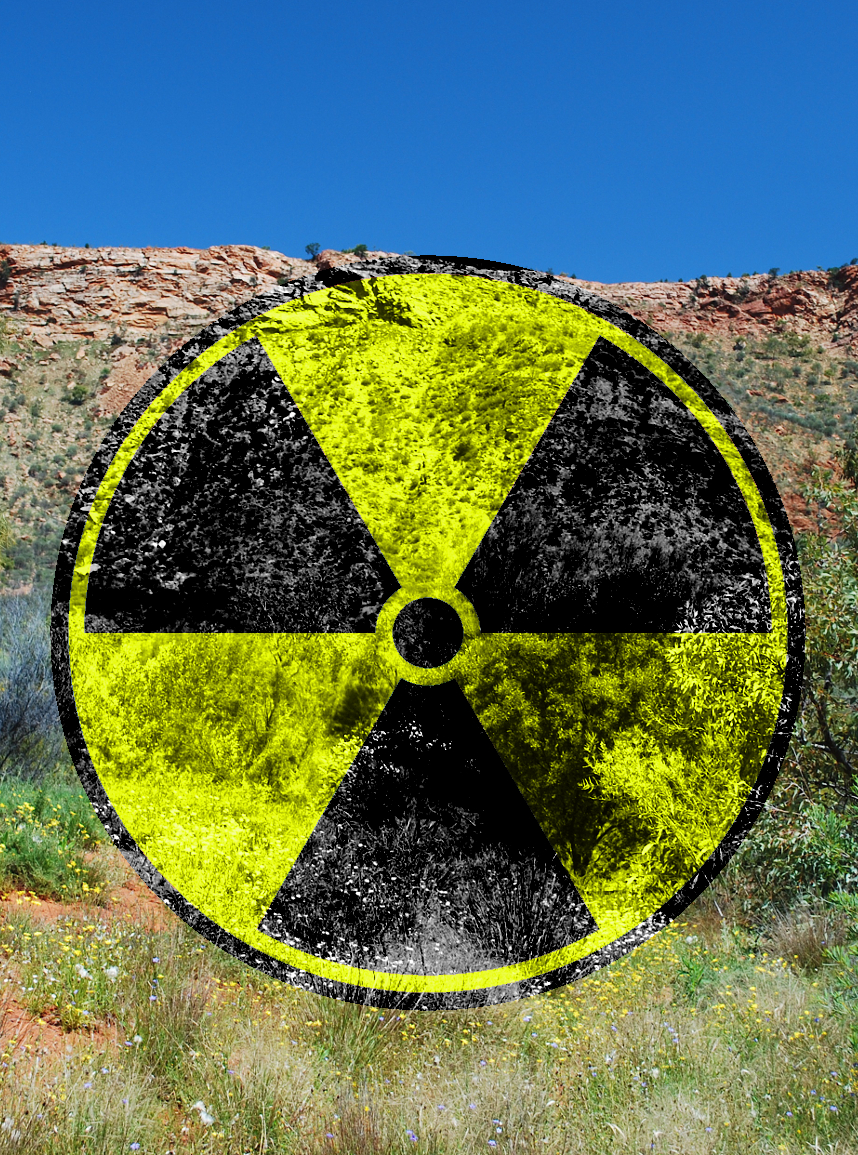US pushes local nuclear
 US congressmen are urging Australian policymakers to embrace nuclear energy.
US congressmen are urging Australian policymakers to embrace nuclear energy.
While the Albanese government and Australian unions are largely opposed to the idea of using nuclear reactors to reduce emissions, the US congressmen believe it is time for a rethink.
Congressman Neal Dunn, set to visit Australia soon, has pointed to the abundant resources available in the country.
“You have got the [uranium] ore, you have got the skills, all you lack is the will. Once you get it up and running, it’s the cheapest, most reliable, cleanest energy. There is nothing greener,” he said.
Congressman Bill Johnson has echoed the sentiment, expressing his wish that Australia would be more open to the US's progress in nuclear energy.
He suggested investing in and partnering with the US to advance commercial nuclear energy.
The US Department of Energy envisions the country tripling its nuclear power usage by 2050, becoming a global leader in nuclear energy technology with the use of small modular reactors.
Additionally, Canada is expanding its nuclear-generation capacity, and Britain has announced a funding package to support nuclear power generated by small modular reactors, all in the name of energy security while reducing reliance on fossil fuels.
The resistance to nuclear energy in Australia, according to Congressman August Pfluger, could pose national security risks.
“For all of our allies in the Five Eyes program - New Zealand, Australia, Canada, UK, obviously us - having a reliable source of energy is a national security issue. If you can’t solve that in other areas, then nuclear is a great way to do that. Whatever country you are, it reduces dependency on other countries for other forms of energy,” Mr Pfluger has told reporters.
While nuclear plants' cost and safe waste storage remain concerns, several countries, including Finland, Canada, Sweden, Switzerland, and Britain, are progressing in designing and constructing repositories for spent nuclear fuel.
In the UK, Energy Secretary Grant Shapps has launched an international competition to develop small modular reactors.
These reactors are expected to play a significant role in achieving the UK's target of producing 25 per cent of its electricity from nuclear energy by 2050, aiding its goal of net zero carbon emissions.








 Print
Print